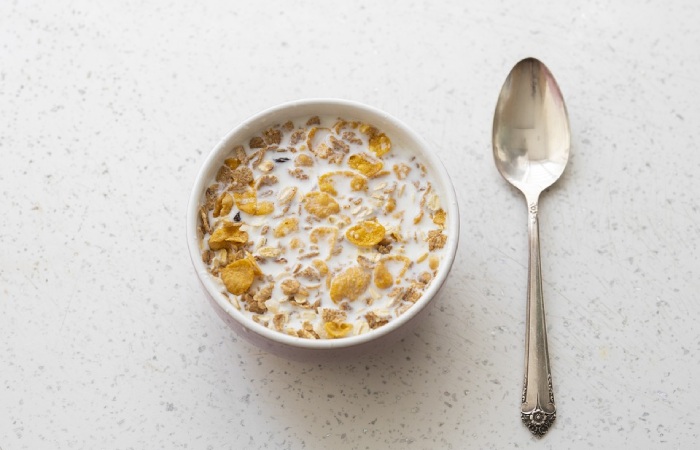Table of Contents
Pumpkin
Pumpkin is one of the varieties of this species that is often hand-me-down in the United States as a traditional Halloween decoration or a filling for Thanksgiving Day cakes. However, the pulp of the pumpkin plant also offers a variety of health benefits outside of folk festivals.
A juicy and nutritious orange vegetable, pumpkin is a highly healthy, dense food. It is tiny in calories but high in vitamins and minerals, all found in seeds, leaves, and juices.
Facilities of Pumpkin
The beta-carotene in pumpkins may help reduce the risk of certain types of cancer.
Pumpkin has various fantastic benefits, including being one of the most well-known sources of beta-carotene.
Beta carotene is an effective antioxidant that gives vegetables and fruits vibrant colors. The body converts ingested beta-carotene into vitamin A.
Consuming foods high in beta-carotene may have the following benefits.
- reduce the risk of rising certain types of cancer,
- protect against asthma and heart disease,
- reduce the risk of age-related macular degeneration
Many studies have shown that eating more plant-based foods like squash mini misses the risk of obesity and all-cause mortality. It helps avoid diabetes and heart disease, promotes a healthy complexion and hair, increases energy, and achieves a healthy body mass index (BMI).
Pumpkin Research has Shown the Following Health Benefits
1. Regulate Fluid Body Weight

Drinking pumpkin is decent for the emotion. The fiber, potassium, and vitamin C happy in pumpkin support heart health.
The results of a 2017 study of 2,722 participants suggest that getting enough potassium may be almost as important as reducing sodium in managing high blood pressure.
Hypertension is a risk factor for cardiovascular disease (CVD). Reducing sodium intake generally involves eating foods that cover little or no salt.
Giving to the National Institutes of Health (NIH) Office of Nutritional Supplements, consuming more potassium may also reduce your risk of other types of cardiovascular disease.
More research is needed to confirm the effects of pumpkin consumption on the risk of stroke and cardiovascular disease.
2. Risk of Cancer
A 2016 study suggests a positive association between a beta-carotene-rich diet and tumor suppression in prostate cancer.
The results of a 2014 cross-sectional education also showed that beta-carotene reduced the development of colon cancer in the Japanese population.
3. Prevent and Control Diabetes
Including squash in your diet can help people control diabetes and their blood sugar heights.
A 2019 study displays that a combination of two plant cuttings, pumpkin polysaccharides, lowered blood sugar levels in mice.
Although the study didn’t include humans, research shows that these plant compounds can limit type 2 diabetes.
Scientists may refine it as antidiabetic because of its effects on blood sugar, although more studies are needed.
4. Protects Against Age-Related Problems
Pumpkins are rich in antioxidants. Vitamin C, vitamin E, and beta-carotene support eye health and prevent degenerative damage in older adults.
5. Nutrition
According to the U.S. Department of Agriculture’s Food Data Central database, 1 cup or 245 grams (g) of cooked, boiled, or drained unsalted butternut squash contains:
- 76 grams of protein
- 7 grams of dietary fiber
- 49 calories (kcal)
- 17 grams of fat
- 0 grams of cholesterol
- 12 grams of carbohydrates
6. Vitamins and Minerals
- vitamin E
- vitamin B2
- potassium
- copper
- vitamin C
- manganese
- thiamine
- Vitamin B6
- folate
- pantothenic acid
- niacin
- iron
- magnesium
- Vitamin A
7. To Match
Pumpkins are an excellent source of fiber. The recommended fiber intake is between 25g and 38g per day for adults.
Dietary fiber reduces the absorption of sugar in the blood, promotes regular bowel movements, and supports digestion. A healthy intake of fiber may also help reduce the risk of colon cancer.
With almost 3g of fiber in 1 cup of freshly cooked pumpkin and more than 7g in canned pumpkin, adding pumpkin to a person’s daily diet can help increase their fiber intake.
8. Diet

Pumpkin recollects many of its health benefits in the canning process. And also There are many ways people in eating more pumpkins. Preparing fresh squash at home offers more health benefits. But canned squash is also a good option.
Contains added sugar and syrup. People should avoid canned pumpkin pie mixes for regular consumption. is usually found alongside canned pumpkins in grocery stores and often in a similar tin.
The pumpkin should only have one ingredient, pumpkin.
Although the variety of squashes used to make decorative lanterns is edible. And also the sweet or cake varieties are best cooked.
Make sure the squash has a few inches of stem left. These should be hard and heavy for their size. And also, pumpkins can be kept uncut in a cool, dark place for up to 2 months.

